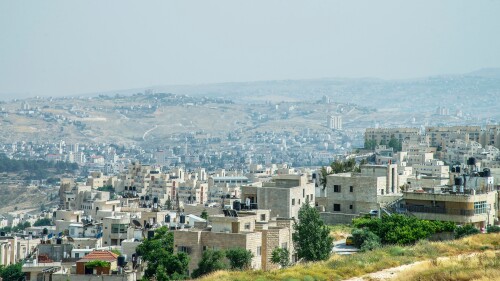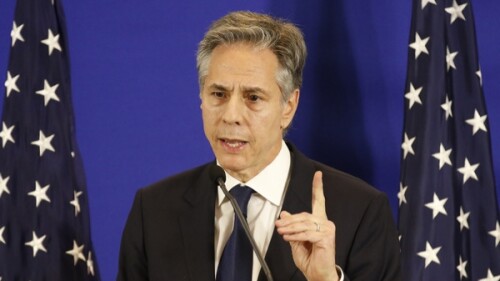Koya, Iraq
For all the courage of young Iranians opposing the regime, their odds of winning seem steep. Their demands are clear. They want the end of the Islamic Republic—and, for the Kurds, an independent and free Kurdistan. But there are few signs of cracks in the regime’s edifice. Most notably, no internal revolutionary leadership appears to exist. The cries of despair from these young Iranians have not yet coalesced into a revolutionary moment.
Inside Iran, the clashes between protesters and the government are growing in violence and intensity. So why is the regime targeting the bases of small dissident Kurdish political groups in northern Iraq? These groups are playing an auxiliary role in the protests, and no one—themselves included—thinks they are running the show. The mullahs may be hoping to shore up their story that foreigners and separatists are behind the unrest. The drones firing deadly missiles on Koya and Suleimaniya are merely servicing this lie.
Read the full article at wsj.com








